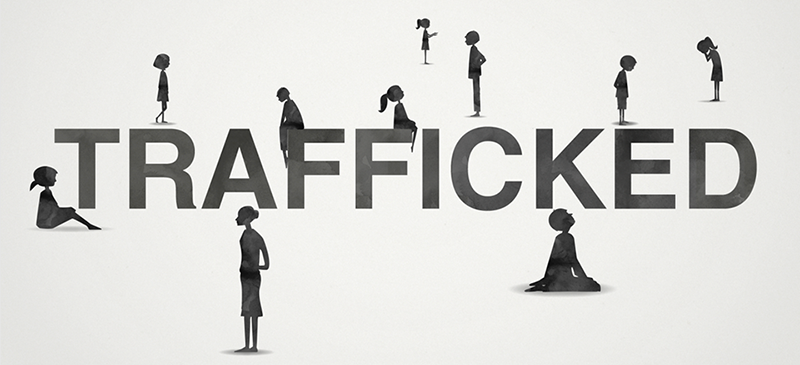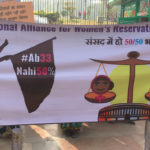The Lok Sabha passed the Trafficking of Persons (Prevention, Protection and Rehabilitation) Bill 2018, on 26th July,2018. The Bill was introduced by Minister of Women and Child Development, Maneka Gandhi, ahead of World Day Against Trafficking in Persons, which falls on 30th July,2018. The bill proposes to create a rehabilitation fund for the victims, designate courts in every district for quick, time-bound trials as well as protecting those rescued from traffickers at the earliest. It also proposes to establish a centralized body to oversee cases of inter-state and international trafficking, with rigorous imprisonment of 10 years and a fine of no less than Rs 1 lakh for the guilty. The bill promises speedy justice for the victims, within a period of one year, while guaranteeing anonymity of victims/witnesses and complainants.


However, the bill has received its own fair share of criticisms. Multiple provisions in the bill have been subject to extensive debate and have generated myriad responses across sex-workers’ collectives, civil society members, political leaders etc. An important concern has been the blurring of the distinction between voluntary sex work and trafficking, informed by a protectionist attitude which undermines the agency of those involved in sex work. Thus, Nisha Gulur, head of the National Network of Sex Workers, who identifies as a transwoman sex worker, says, ‘This bill does not differentiate between trafficking and consensual sex work and forces rescue and rehabilitation on us. I can tell you, as a sex work, that the two are different. I came to this work through my own desire, I’m not asking to be rescued.’ However, those who are in support of the bill beg to differ, and assert that the introduction of a rehabilitation fund will go a long way in providing safeguards to voluntary sex workers against persecution and prosecution. Doubts have also been raised about the extent to which such a rehabilitation would address the needs of those it seeks to help. Thus, Gulur also points out, ‘I can fundamentally stay anywhere in India- but according to this bill, a magistrate will decide where to send me for rehabilitation. This violates my rights.’ The urgency of such pressing concerns become increasingly evident in the face of studies such as the one conducted by organisations like SANGRAM and VAMP, which showed that of 243 women who were picked up as part of ‘raid and rescue’ actions in Maharashtra, an overwhelming majority – 193 – were adult and doing sex work of their own volition. They were put in rehabilitation homes without their consent. Such data does not seek to oppose rehabilitation and state support in totality, but question the nature of the help provided and ask for increasing involvement and consent of those who are at the receiving at of such strategies.
Arun Pandey, Director of Arz, social work organisation that works towards combating trafficking of persons for the purpose of sexual abuse and commercial sexual exploitation in Goa, said that the bill was not gender neutral, and added that there was no provision for rehabilitation of transgenders and male victims of child sexual exploitation. Further, experts point out that the bill criminalizes the taking of hormones by trans persons for gender-affirming procedures and allows for medical examination of those deemed ‘victims’ without seeking their consent. The bill also includes transmission or exposure to HIV under ‘aggravated offences’, which has elicited a response from individuals like Dr. Smarajit Jana (member of Supreme Court) who ask whether it is correct to bring criminalization into treating of epidemics. Such policies may arise out of good intentions, but can spiral into added harm to the already stigmatized communities.
According to the National Crime Records Bureau, in 2016, a total of 15,379 victims were trafficked for exploitative purposes, of which 10,150 were women. Data such as this calls for the urgent need to formulate policies that can contribute to ending this practice. The bill in question finds many supporters who believe that it will go a long way in alleviating trafficking, by providing legal aid to those who are caught in it. However, as seen above, the bill has been subject to a lot many criticisms on multiple grounds. Opinions on the bill, like in case of many other issues, can be understood through the manner in which one perceives the control that the state exercises over the life of an individual, in addition to factors like the power equations which dictate how one sees a certain class or community that is subject to this control.
References:
- Cabinet approves bill to tackle human trafficking, improve rehabilitation of victims
- India’s First Comprehensive Trafficking Bill and the Naysayers
- Experts Oppose Proposed Anti-Trafficking Bill, Ask for It to Be Sent to Standing Committee
- World Day Against Trafficking: Activists divided on India’s anti-trafficking bill




